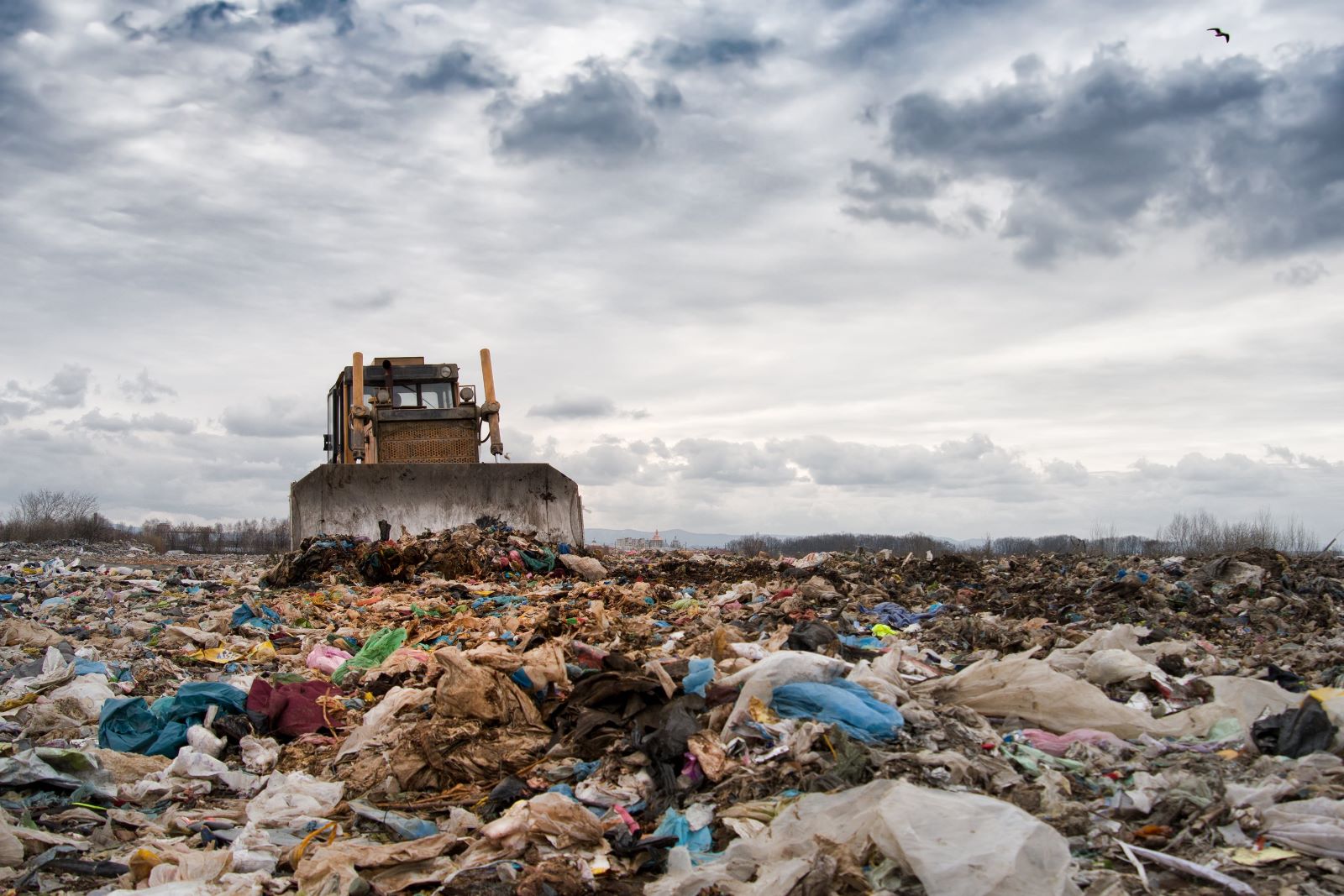Waste Management Company: Infrastructure and Funding
Two major obstacles that the world must overcome in the field of waste management are a lack of funding and inadequate infrastructure. This dual dilemma hampers the efforts of a waste management company, particularly in developing regions, and contributes to a host of public health and environmental issues. To tackle these challenges effectively, concerted efforts and investments are imperative.
The State of Waste Management Infrastructure
One of the primary obstacles in waste management is the lack of adequate infrastructure. In many developing regions, the infrastructure for waste collection and disposal is rudimentary or entirely absent. This deficiency often stems from a variety of factors, including limited financial resources, inadequate urban planning, and rapid population growth.
Without proper infrastructure, a waste management company struggles to implement efficient collection and disposal systems. Consequently, waste often accumulates in open dumps, rivers, or streets, posing significant health hazards to communities and wreaking havoc on the environment. The absence of infrastructure also exacerbates pollution, soil degradation, and the spread of diseases.
The Role of Funding in Waste Management
Insufficient funding compounds the challenges posed by inadequate infrastructure. Waste management operations require significant investments in equipment, personnel, and technology. However, many municipalities and governments, particularly in developing regions, allocate meagre budgets to waste management, prioritising other sectors instead.
Limited funding restricts waste management companies’ ability to upgrade infrastructure, procure modern equipment, and implement innovative solutions. As a result, they struggle to cope with the growing volumes of waste generated daily, leading to service deficiencies and environmental degradation.
The Consequences of Neglecting Waste Management
The consequences of neglecting waste management are far-reaching and severe. Inadequate collection and disposal services not only endanger public health but also contribute to environmental degradation and climate change. Improperly managed waste contaminates water sources, pollutes the air, and harms ecosystems, jeopardising biodiversity and natural resources.
Moreover, the burden of poor waste management disproportionately affects marginalised communities, exacerbating social inequalities. Residents living in proximity to waste disposal sites suffer from respiratory ailments, waterborne diseases, and reduced quality of life. Additionally, the proliferation of plastic waste in oceans and waterways threatens marine life and ecosystems, underscoring the urgency of addressing waste management challenges.
The Path Forward
Addressing the global waste management crisis requires a multifaceted approach, with investments in infrastructure and funding playing pivotal roles. Governments, international organisations, and private sector stakeholders must collaborate to prioritise waste management as a fundamental component of sustainable development.
Investments in infrastructure should focus on expanding waste collection coverage, upgrading disposal facilities, and implementing recycling and composting programs. Modernising waste management systems with innovative technologies such as waste-to-energy conversion and smart waste monitoring can enhance efficiency and sustainability.
Simultaneously, adequate funding must be allocated to support waste management initiatives. Governments should allocate sufficient budgets to waste management agencies, ensuring they have the resources needed to deliver effective services. International assistance and financing mechanisms can also play a crucial role in supporting waste management projects in developing regions.
The challenges of inadequate infrastructure and insufficient funding pose formidable obstacles to waste management companies worldwide, particularly in developing regions. However, with concerted efforts and strategic investments, these challenges can be overcome. By prioritising waste management, governments and stakeholders can mitigate public health risks, safeguard the environment, and foster sustainable development for future generations. It’s time to recognise waste management as a global priority and commit to investing in a cleaner, healthier future.
Take action now by raising awareness and advocating for investment in waste management infrastructure and funding. Together, let’s create a cleaner, healthier future for our communities and the planet – contact us today!







